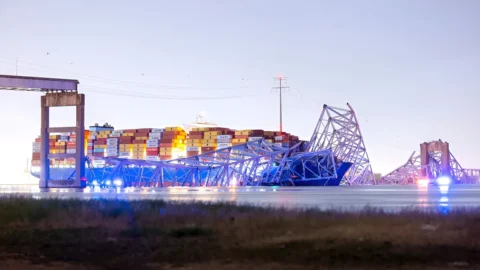Customers have returned to fill hotels, restaurants and cafés (Ho-re-ca), after the long lockdown, and so the accounts of the entire supply chain are also returning to pre-Covid levels with final figures even higher than those of 2019. It is also happened for a sector that had suffered a 20% drop in turnover, the one that brings together in EFCEM-APPLIA the companies of professional equipment for catering and hospitality, which with its 45 companies, 75% of exports and a turnover of over 5 billion euros, represents an Italian world record. "The Italian spirit is indeed the main characteristic since - as President Andrea Rossi declared yesterday during a press conference - all of the production sites are located in Italy".
Ho-re-ca and professional catering equipment: positive trend
The recovery of turnover in 2021 was such as to have exceeded the turnover of 2019 with a leap in exports of 23,5% on 2020 and 14% on 2019. And already at the beginning of 2022 companies recorded an increase of 10% despite the great difficulties associated with constantly growing energy and raw material costs, the difficulties in procuring components, especially electronic ones (increasingly expensive) and also the severe shortage of personnel. As for foreign sales, despite a logistics in severe impasse, the growth recorded was 8%. The most dynamic sectors turned out to be those of cooking and heating with a +21,3%.
As for the entire quarter of the current year, company valuations confirmed the positive trends with a marked improvement in non-European markets with +10% over the same period in 2019. This further accelerates the trend towards a marked internationalization of Made in Italy: of catering and hospitality equipment which undoubtedly takes advantage of the worldwide success of Italian food products which is reflected in the entire food and foodtech supply chain.
Help is needed to renovate the equipment of the premises
Some problems remain, however raised in 2021 by the Confindustria association: the need to support with tax benefits restaurateurs in the necessary replacement of obsolete equipment with high energy consumption and the computerization of the systems. The consumption of professional equipment constitutes approximately 30% of the entire consumption of the Italian tertiary sector, and with the peaks in cost growth it is an unsustainable parameter in the management costs of any business. All the more so as the forecasts of the experts point to a slowdown in the end of the year for world trade. However, no projection is advanced by industry experts, too many uncertainties and areas of social and economic tension on all continents.
The sector must adapt to the new post-Covid trends
In the meantime, the support activity for the high-quality food supply chain has obtained the establishment of funds for the support of Italian food and wine and confectionery, also intended for the purchase of industrial machinery. And after the two-year lockdown, foodtech companies have to take into account how the places and ways of consuming food around the world are changing since, according to the main research companies, the trends are showing common paths, globalized along lines of clear enough consumer choice and propensity. For example, alongside traditional restaurants and those of large chains, there is an increase in those on the move (delivery), street food, itinerant food-trucks, catering on planes, tremi and ships, cafeteria-bars, grills or steak houses, places specializing in local or national types (piadinerie, sandwicheries, pubs and so on).
What worries traditional operators, virtual kitchens are conquering space and customers Dark kitchen (online), such as delivery, with free deliveries of other products and services as well. This is why, in addition to replacing old equipment, hospitality and catering companies must open up more and more to digitization of marketing communication. Flexible technologies to provide services in line with new consumer trends are available to support the changes that the two years of the coronavirus and the international crises are requiring of traditional catering.





